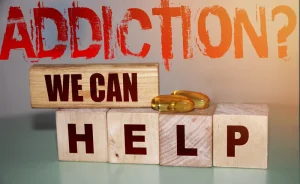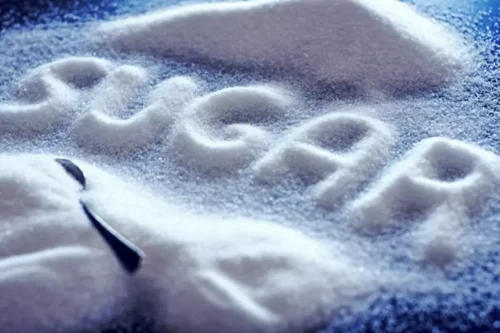
You could also benefit from daily check-ins with a nurse, doctor, and therapist. Your doctor can help you find an in-person treatment program that’s right for you. Another barrier to receiving care is that doctors screen only about 15% of their primary care patients for AUD.
Psychological Factors
A trauma-informed counselor can help an individual process their underlying trauma so that they can live a more fulfilling and emotionally healthy life. Additionally, the person receiving treatment can also address their unhealthy drinking behaviors and learn to adapt to triggering situations with more productive coping skills. Above, we mentioned how science tells us that alcoholism is indeed a medical condition.
Resources and support

If you abuse alcohol, you will not crave alcohol or lack control of your drinking. But you may still experience similar withdrawal symptoms to people with alcohol dependence. An informed minority opinion, especially among sociologists, believes that the medicalization of alcoholism is an error.
- Alcohol, the most commonly used substance in the United States, has far-reaching health consequences that impact not only individual patients but the entire healthcare system.
- These criteria, gleaned from the clinical history and collateral sources, generally assess the impact of alcohol on a patient’s relationships, health, activities (ie, employment), and the ability to moderate their drinking.
- Genetic, psychological, social and environmental factors can impact how drinking alcohol affects your body and behavior.
Social And Cultural Factors
The later stages of addiction can yield physical changes, but behavioral signs can help detect it early on. People with an addiction often develop rigid routines that revolve around uninterrupted access to alcohol and other drugs; they may physiological dependence on alcohol be irritated by schedule changes and blame their frustration on others. They may have powerful mood swings that seem to change their personality. Relationships may deteriorate, as their social circle narrows to other drug or alcohol users.
- Alcohol withdrawal after periods of excessive drinking can cause debilitating symptoms hours to days later.
- Health professionals sometimes prescribe medications to reduce the symptoms of withdrawal.
- The diagnosis, based on the Diagnostic and Statistical Manual of Mental Disorders, Fifth Edition, criteria, ranges from mild to severe, with withdrawal symptoms and tolerance as key indicators.
- But there’s a large gray area in the middle, in which drinking can cause problems for someone’s health, job, or loved ones, but not to a clinical extent.
- The pathway to healing and recovery is often a process that occurs over many years.
Warning Signs of Alcoholism
Biological children of alcoholics are substantially more likely to become alcoholics, whether they are raised by alcoholics or non-alcoholics. Similarly, non-biological children of alcoholics who are raised by alcoholics are less likely to become alcoholics than biological children who are raised by alcoholics. Get professional help from an online addiction and mental health counselor from BetterHelp.

Risk factors
The more frequently a person drinks, the more their tolerance may rise. This then requires a person to consume more alcohol in a single sitting to produce the desired buzz. After a period of this repeated behavior, it can develop into alcoholism.

They can assess whether you have a risky drinking pattern, evaluate your overall health, help create a treatment plan, and refer you to programs or other healthcare providers if necessary. After drinking, you’ll become less responsible, less agreeable, and less able to think clearly. You’re also more likely to experience negative consequences, such as being arrested, when you drink alcohol.
- Thus, these conditions are too specific to assess using verbal autopsies and other methods normally used in global-burden-of-disease studies (Lopez et al. 2006; pancreatitis can be estimated indirectly Rajaratnam et al. 2010).
- You can help prevent alcohol abuse in your children by setting a good example and using alcohol responsibly, talking openly with them and being involved in their lives, and setting expectations and consequences for their behavior.
- If you or a loved one struggles with an alcohol problem, you might be curious about the causes of alcohol addiction.
- One is simply its rewarding consequences, such as having fun or escaping social anxiety.
- When this occurs repeatedly over time, and when it begins to impact your health and your life, alcohol misuse can become AUD.
Religious Factors

Over time, drinking excess alcohol can change areas of your brain, including one that senses pleasure and another that helps with self-control. Because your brain stops functioning properly, you may crave alcohol even more. Before you decide to stop drinking, talk to a healthcare provider to determine what treatment options are available and whether you would benefit from medical supervision during detox. The more highly educated an individual is, the more likely they are to consume alcohol.
